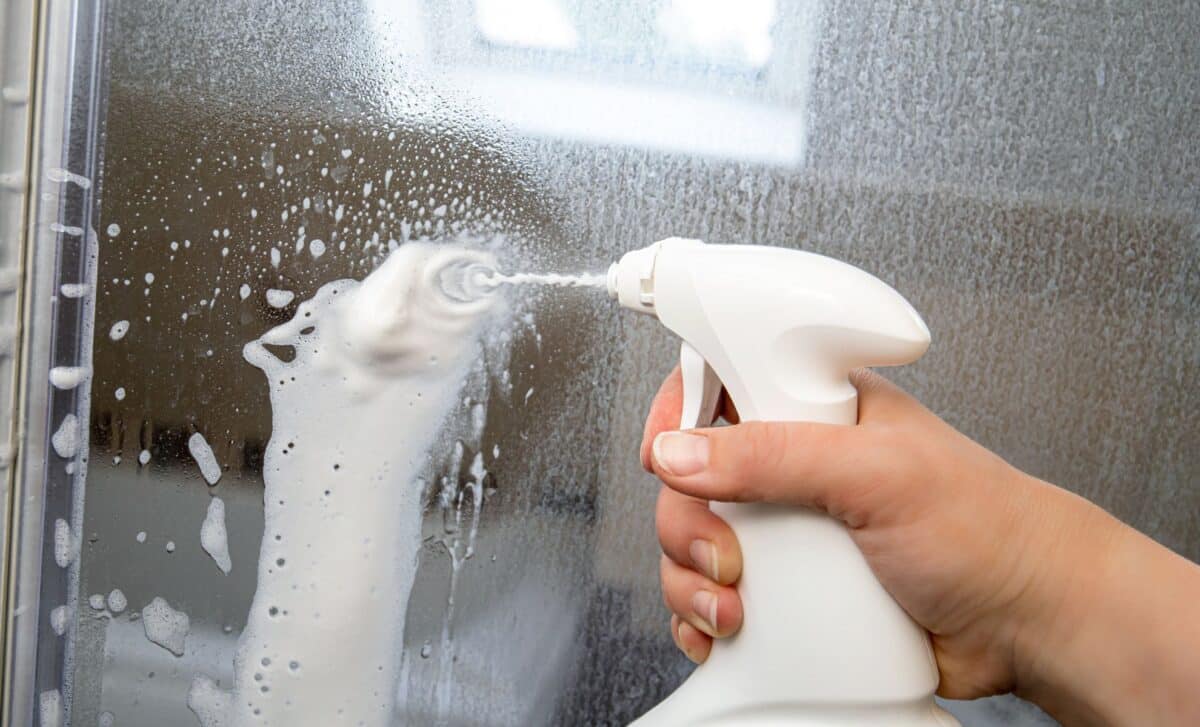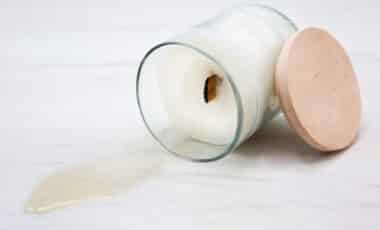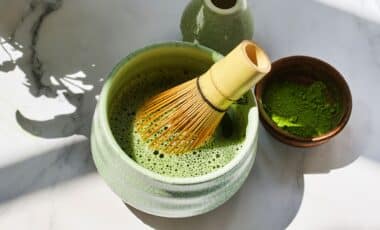Steam, limescale, and soap quickly leave their marks: glass shower doors lose their shine fast. What was once a clear and gleaming surface turns foggy and dull. But there are two simple methods that can easily bring back their sparkle, using common household ingredients.
Why Residue Builds Up So Quickly
In a bathroom, the conditions are perfect for grime to settle. Hard water, which contains a high concentration of minerals, gradually leaves a white film on glass surfaces. Soap residue adds another layer, sticking to the glass and forming a greasy coating.
This combination of limescale and soap is the main culprit behind the cloudy appearance of shower doors. If you wait too long to clean it off, the residue can become embedded in the glass, making it much harder to remove. Ryan Knoll, founder of the cleaning service Tidy Casa, compares it to a red wine stain on a white shirt: the longer you wait, the worse it gets.
Your Makeup Brushes Might Be Dirtier Than Your Toilet—And There’s an Easy Fix
Two Highly Effective Cleaning Methods With Basic Kitchen Products
The first method uses a mix of white vinegar and dish soap. Combine equal parts of each in a spray bottle, shake it well, and spray generously onto the glass. Let the mixture sit for about fifteen minutes to allow the vinegar to dissolve minerals and the soap to loosen grime. Then, gently scrub with a non-abrasive sponge, rinse thoroughly with warm water, and dry with a microfiber cloth to avoid streaks.
For more stubborn buildup, a second method proves even more powerful: baking soda and water. Mix the two into a thick paste and apply it directly to the glass. Let it sit for ten minutes. Then spray warm vinegar over the paste. The reaction will fizz slightly, helping to lift grime without the need for scrubbing. Rinse thoroughly and dry to reveal sparkling glass.
Expert Tips To Keep Your Glass Looking Clean Longer
Cleaning is important, but preventing buildup is even better. According to Jeramy Sibley, President of Glass Doctor, using a squeegee after every shower makes a huge difference. It “can go a long way in preventing hard water to build up and layer, which could lead to costly repairs down the line.”
This simple daily habit keeps soap and water from drying on the surface. Another essential tip is to leave the shower door open after use. When it’s closed, moisture stays trapped inside, encouraging mildew and unpleasant smells. Letting air circulate helps everything dry more quickly and prevents mold.
Applying a water-repellent product creates an invisible barrier that helps water slide off instead of sticking to the glass. This protective layer also makes future cleanings much easier. For those living in areas with hard water, consider installing a showerhead with a built-in filter. Less mineral content means fewer stains.
Staying Consistent Without Overdoing It
Keeping your shower glass clean is all about consistency. A daily swipe with a squeegee prevents most residue. A weekly wipe-down with vinegar or glass cleaner helps maintain shine. Once a month, it’s worth doing a more thorough clean using the vinegar or baking soda method. Every three months, reapplying a water-repellent treatment protects the glass and extends the time between deep cleans.
Vinegar remains one of the best natural options due to its acidity and disinfecting properties. When slightly warmed in the microwave, it becomes even more effective. For a greener option, vinegar combined with dish soap offers a simple, affordable, and highly efficient solution.







